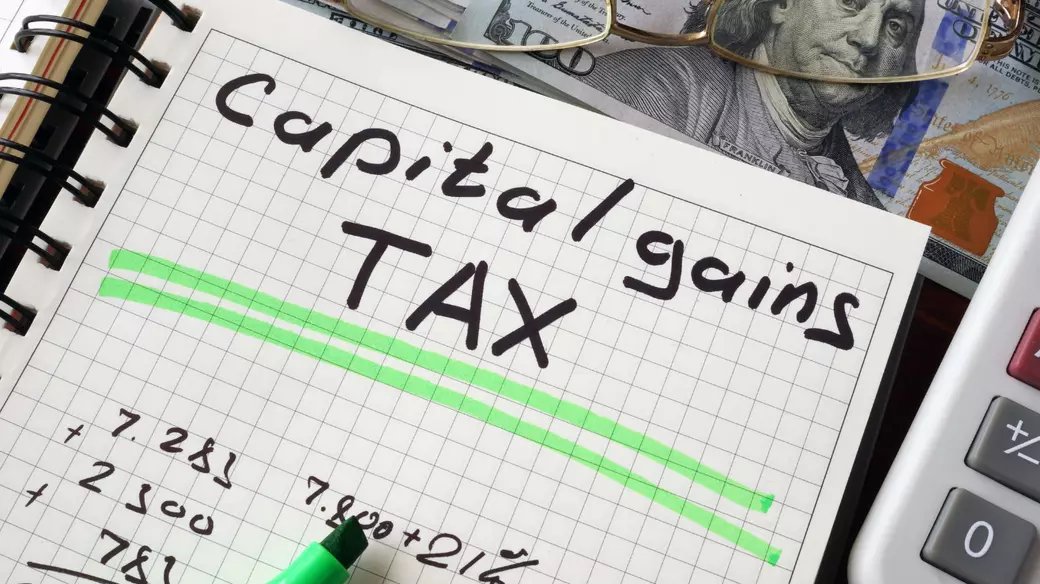Understanding Gains Tax in Real Estate: Pros, Cons, and What You Need to Know

When it comes to buying and selling real estate, one critical financial consideration that often comes up is gains tax—a term that refers to the tax imposed on the profit you make from selling an asset, such as a home or investment property. Whether you're flipping homes, renting properties, or selling your own home, it’s important to understand how gains tax works and how it can impact your financial decisions.
In this blog, we’ll dive into the pros and cons of gains tax in real estate and provide some clarity on how it could affect your property transactions.
What is Gains Tax?
Gains tax, also known as capital gains tax, is a tax on the profit you make from selling a property. The profit is calculated by subtracting the original purchase price and any associated costs (like renovations or improvements) from the sale price. If you sell for more than you paid, the difference is considered a capital gain and is taxable.
There are two types of capital gains tax:
- Short-term capital gains: For properties held for less than a year, taxed at your ordinary income tax rate.
- Long-term capital gains: For properties held for more than a year, taxed at a lower rate.
The Pros of Gains Tax in Real Estate
-
Lower Rates for Long-Term Investments
If you hold onto a property for longer than a year, you qualify for long-term capital gains tax, which is generally much lower than short-term rates or your regular income tax rate. This provides an incentive for long-term real estate investors to build wealth over time. -
Exclusions for Primary Residence
One of the biggest advantages for homeowners is the primary residence exclusion. If you meet certain requirements (such as living in the home for at least 2 out of the last 5 years), you can exclude up to $250,000 of the capital gains ($500,000 for married couples) when selling your home. This can significantly reduce your tax liability on the sale of your primary residence. -
Tax Deductions for Improvements
When you make improvements to a property (like renovations or upgrades), you may be able to deduct these expenses from your capital gains, lowering the taxable amount when you sell. This helps real estate investors increase their ROI while reducing their tax burden.
The Cons of Gains Tax in Real Estate
-
Higher Taxes on Short-Term Investments
If you’re flipping properties quickly, you’ll be subject to short-term capital gains tax, which is taxed at your regular income rate. For high-income earners, this can be a significant tax burden, making it important to strategize when flipping homes. -
Taxes Can Eat Into Your Profits
Even with the potential to lower your capital gains tax liability, taxes can still take a sizeable chunk of your profits. This can be frustrating for investors who expect a large return but find that a significant portion is taxed away. -
Complex Tax Rules
Understanding all the ins and outs of capital gains tax can be overwhelming, especially when it comes to exclusions, deductions, and how long you’ve held a property. Navigating these complexities can often require professional guidance to make sure you’re taking full advantage of any tax benefits.
How to Minimize Gains Tax in Real Estate
There are several strategies you can consider to minimize your gains tax:
- Hold Properties for More Than a Year to qualify for long-term capital gains rates.
- Take Advantage of Exclusions like the primary residence exclusion.
- Consider 1031 Exchanges, which allow you to defer taxes by reinvesting in like-kind properties.
- Work With a Tax Professional to ensure you're making the most of deductions and exclusions and to get the most efficient tax strategy for your situation.
Ready to Navigate Gains Tax and Maximize Your Real Estate Profits?
Gains tax can be a complex aspect of real estate transactions, but with the right approach and planning, you can navigate it successfully and keep more of your hard-earned profits. Whether you're buying, selling, or investing, it’s important to have a real estate expert on your side who understands the ins and outs of taxes and how to strategically minimize them.
If you need help understanding how gains tax might affect your real estate transactions or need advice on navigating tax strategies, reach out to me today. I’m here to provide expert guidance and help you make informed decisions for your real estate investments.
Let’s maximize your profits and minimize your taxes together!
Categories
Recent Posts










GET MORE INFORMATION


